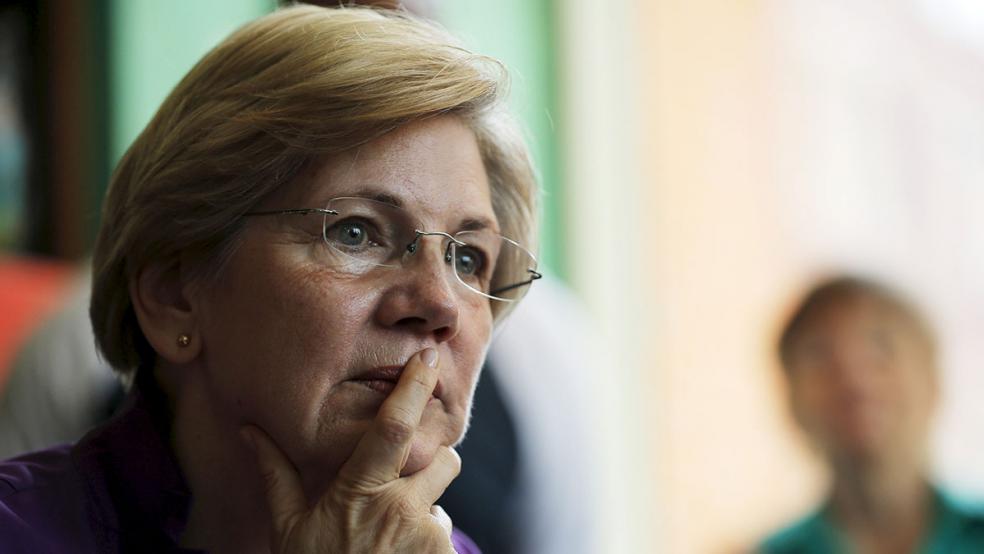Elizabeth Warren has promised to provide details in the next few weeks about how she intends to pay for Medicare for All, and multiple economists and policy experts are rushing to help the Massachusetts senator complete the financing plan, Jeff Stein of The Washington Post reports Thursday.
The Warren team wants to put an end to the ‘How are you going to pay for it?’ question in one fell swoop, Stein says, while producing a plan for a universal public health care system that is “airtight but easy to understand,” as one of Warren’s outside economic advisors put it.
Financing a national health plan that is expected to require more than $30 trillion in new federal spending over 10 years is a challenging task, one made more difficult by Warren’s pledge that she won’t raise overall costs for middle-class families. Warren’s proposed wealth tax won’t provide much help, since she has already announced plans for the roughly $2.75 trillion she says the tax would raise over a decade.
Here are some of the ideas that have been discussed, according to Stein, who notes that none of them have been firmly adopted yet:
- Use existing funds: Redirecting existing health care spending from Medicare, Medicaid and the Department of Veterans Affairs could provide two-thirds of the required funds.
- Tax business: A new gross receipts tax on businesses could raise $600 billion, which represents a savings relative to the $650 billion businesses already spend on employee health care.
- Tax consumption: A new 3.75% sales tax on “non-necessities” could raise $200 billion, with exemptions for low-income households. The Warren team has also reportedly discussed a “progressive consumption tax,” similar to the value-added-tax used in many European countries, which could raise trillions of dollars, even with exemptions for low-income households.
- Tax wealth: An 0.38% tax on household wealth above $1 million could raise $200 billion.
- Don’t call it a tax: One adviser has recommended calling the Medicare for All tax a “public premium,” with the funds going to the government rather than a private insurance company. Ideally, “public premiums” would be lower than current private insurance premiums, potentially neutralizing concerns about new taxes.
The bottom line: The question of how to pay for such a massive and ambitious health plan has become one of the most important issues for the Democratic presidential candidates. Warren has built her campaign on having a plan for everything, so she needs one here. But Medicare for All is still very much a longshot and the debate is still mostly academic. “The proposal would amount to the largest transformation of the U.S. health-care system in the country’s history,” Stein writes, “although its chances of passing are unlikely even if Democrats took complete control of the federal government.”
Read Stein’s full report here.




